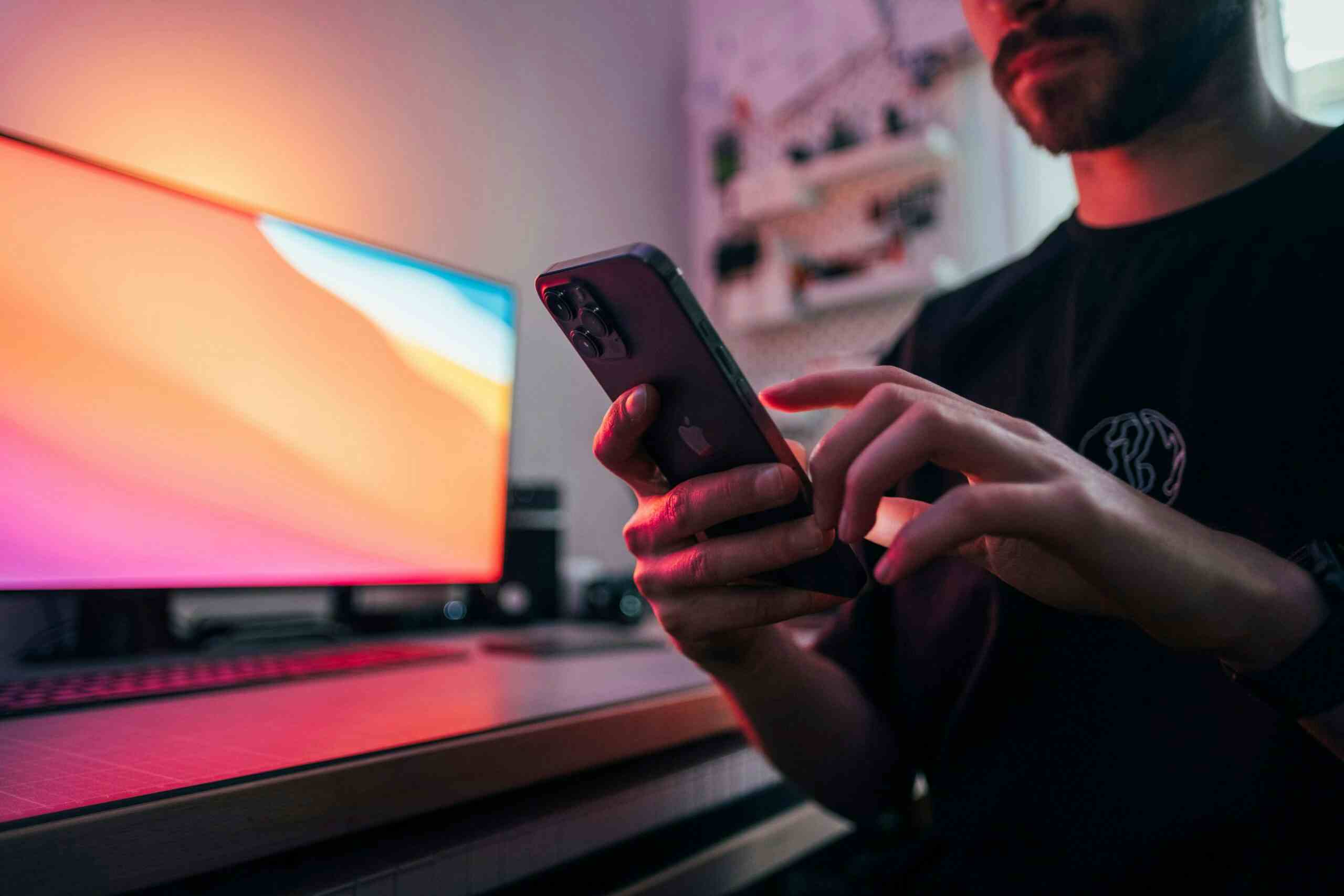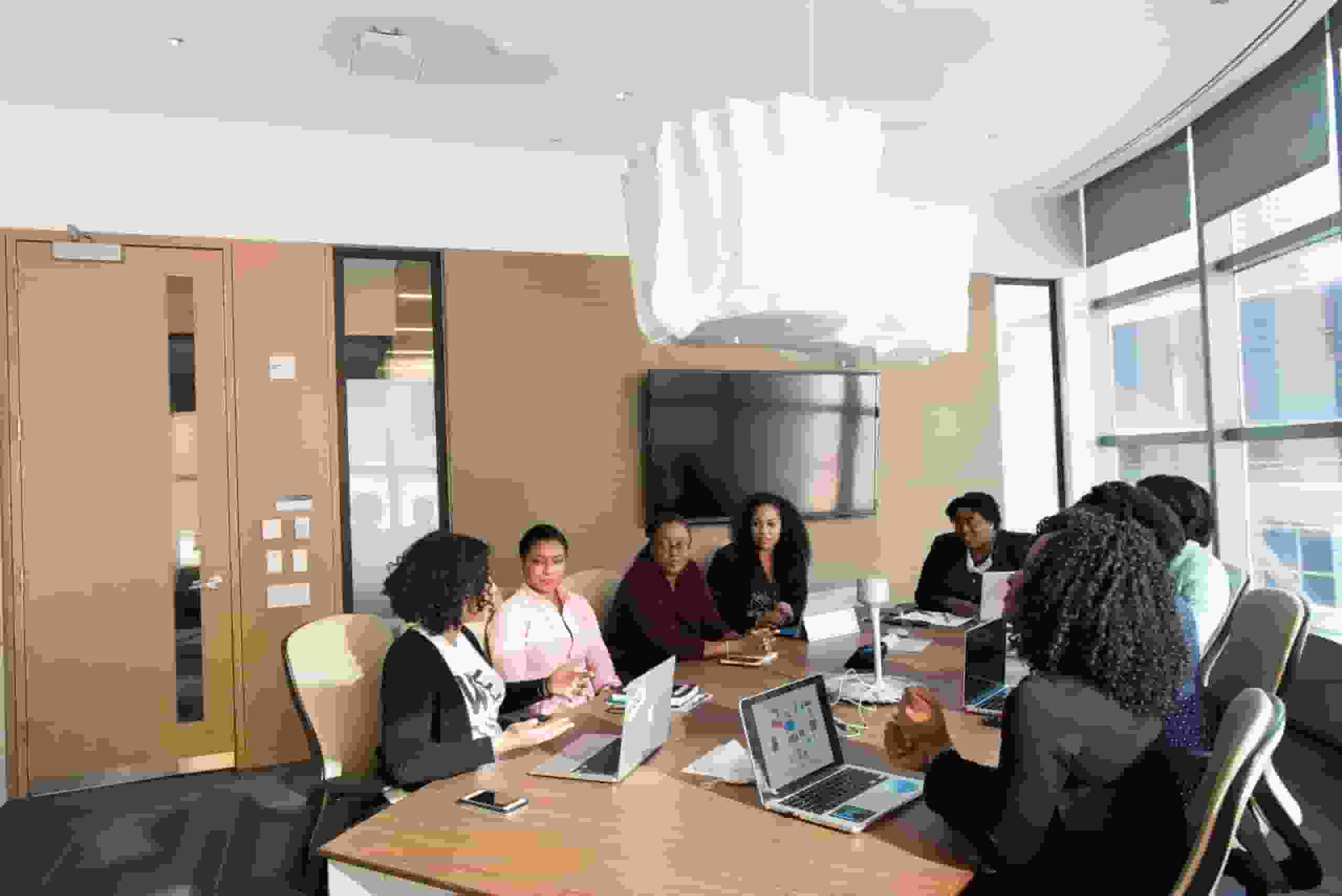Reasons Why You Need a Signal Booster For Bad Cell Signal
Posted on 3/27/2019 by Nicholas Jones
Every minute of every day, we live a connected life.
Whether it’s catching up with family on social media, constantly texting friends, checking back on work emails, or casually surfing the web from the couch, we’re always on our smartphones.
For these reasons, strong reliable cellular connectivity is no longer a luxury; it’s a must. If you experience weak cell signal in your vehicle or home, you may have heard of a cell signal booster as a solution to this problem. And you may be wondering “Do I need a cell phone booster?” or “Do I need a signal booster?”.
Perhaps you’ve got the latest cell phone technology. And you already get your phone service through one of the four major U.S. mobile carriers; the type with nationwide coverage at fastest networks possible. However, weak cell signal isn’t necessarily up to your mobile carrier or the smartphone you use. When it comes to the many reasons why you might be experiencing dropped calls, delayed texts, slow network speeds, it might just all come down to you.
Okay, so not you personally. But where you happen to live, work, or make your daily commute.
Typical Reasons for Poor Cellular Signal
If you’ve had problems with weak cell signal, you’re not alone. Each of the nation’s projected 273.8 million mobile phone users will experience poor cellular connectivity sometime this year.
Whether it’s your relative distance from the nearest cell tower or the variety of natural and man-made barriers surrounding you to block signal, there are always obstacles preventing you from getting reliable cellular connectivity throughout your home. Or, while you’re on the road.
Surprisingly enough, technology can also play a factor in your need for a signal booster.
Designed to reduce heat loss (or gain, depending on the climate) the energy efficient windows, foam-injected insulation, and metal construction found in many modern homes are also highly effective at blocking incoming cell signal. Cars, trucks, and SUVS often shield outside signal, too.
And, as cellular frequency goes even higher with 5G, the potential for cell signal decay will only worsen. Based on these factors and more, the need for a cell signal booster will be even more crucial to improve cell signal with these advances in the wireless industry.

Other Solutions for Weak Cell Signal
Would WiFI calling work for me?
Perhaps you’ve considered WiFi Calling. It’s available on many devices and through most mobile carriers. But as the name implies, WiFi Calling does require an internet connection. And using it can also take up valuable internet bandwidth in your home. Particularly if you have several devices connected at once and are trying to stream movies and TV shows through your SmartTV at the same time.
If you start a call via WiFi calling and wish to continue it as you walk outside or leave in your car, expect disconnections. Handoffs from WiFi Calling to your mobile carrier network are often tricky at best.
Do I Need a Femtocell?
Femtocells are also an option for some people with weak cell signal. Essentially, femtocells act as a small phone base station that connects to the mobile network via the internet. Again,
reliance on a broadband internet connection is an obvious limitation. Femtocells can only be used by a limited number of users, can cause network interference to neighboring homes, have a limited coverage area, and quite often, require a month fee for use.
Plus, femtocells are entirely hackable. A team of researchers at a 2013 Black Hat presentation showed how easy it was to breach a femtocell to intercept calls, texts, and even clone phones to eavesdrop.
Why You Need a Cell Phone Signal Booster
There’s a relatively simple exercise to determine if a cell phone booster can help you get better reception and stronger cell signal in your home, office or other interior space.
Ask yourself these questions:
1) When I am inside, do I have problems with dropped calls or lost connections, poor call audio quality, or texts, emails and voicemails that show up in my inbox hours after they were sent?
2) When I go outside, do the problems identified above seem to go away? Is it easier to keep connections or complete calls? Does the audio quality of my calls improve? Can I download files to my phone faster outside than when I’m indoors?
If you answer ‘yes’ to these questions, a cell signal booster can probably bring better signal coverage into your home, office or other building.
If you’re still not sure a cell phone booster can help, talk with a weBoost Customer Service agent. This service is free. By going through a few questions with you an agent can quickly determine if a signal booster can help.
You can reach weBoost Customer Service by phone at 1-866-294-1660, or type a question in the chat box here /support.
Advantages of a Cell Signal Booster
Home and in-vehicle cell signal boosters, like those offered by weBoost, are compatible with all major U.S. carriers and mobile networks; such as AT&T, Sprint, Verizon, T-Mobile, and more.
Quite affordable, many signal boosters in weBoost’s consumer product line feature built-in smart technology to sense existing signal conditions around your home to make automatic adjustments and optimize performance. Most weBoost cell signal boosters support multiple users and devices at once; allowing everyone in your home or car to enjoy fewer dropped calls, better voice, quality, faster network speeds, and improved audio and video streaming.
Unlike WiFi Calling or Femtocells, there are no hidden costs, monthly fees, or service charges.



